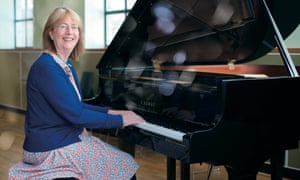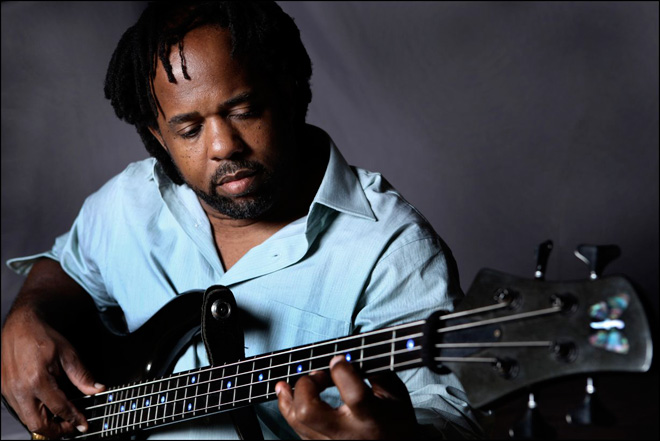Forget the Mozart Effect and Baby Einstein, take it easy on acquisitions for your two-year-old’s private library, and don’t fret if your three-year-old hasn’t started violin lessons just yet.
The key to unlocking a child’s potential intelligence and happiness may indeed lie in music, but succumbing to the commercial juggernaut that is the baby-genius-making industry may not be in either your child or your wallet’s best interest. Instead, try making up songs with your toddler.
A new study suggests that regular informal music-making with very young children may even have benefits above and beyond those of reading. But there’s an important, interesting, and somewhat beautiful catch – for best results, make it shared music-making in your home.
In an analysis of data generated from a study involving more than 3,000 children, a University of Queensland team investigated the associations between informal home music education for very young children and later cognitive and social-emotional outcomes.
The team found that informal music-making in the home from around the ages of two and three can lead to better literacy, numeracy, social skills, and attention and emotion regulation by the age of five.
By measuring the impact of music and reading both separately and in combined samples, the researchers were able to identify benefits from informal music activity over and above shared book reading, most strongly in relation to positive social behaviour, attention regulation and to a lesser but still significant extent, numeracy.
Part of an Australian Research Council funded study titled “Being and becoming musical: towards a cultural ecological model of early musical development”, the study aims to provide a comprehensive account of how Australian families use music in their parenting practices and make recommendations for policy and practice in childcare and early learning and development.
Last month, the team was awarded the inaugural Music Trust Award for Research into the Benefits of Music Education.
Science has shown that music’s effect on the brain is particularly strong, with studies demonstrating an improvement in IQ among students who receive music lessons. Advantages in the classroom have been identified for students who study musical instruments, and the effects of ageing on cognition may even be mitigated through lifelong musical activity.
Info from IFLScience
















